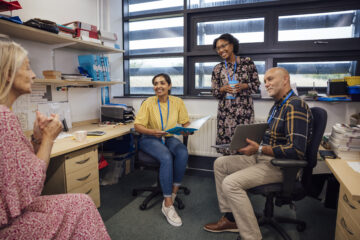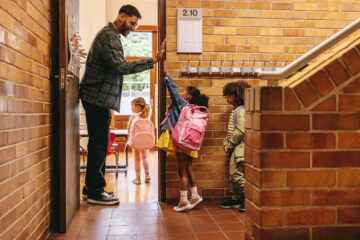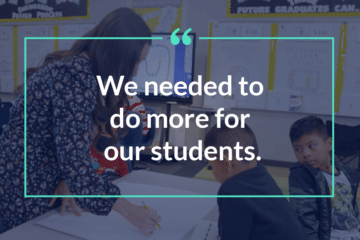How does a school put its students’ ability to take charge of their learning, curiosity and future — in a word, their agency — at the center? Charles Leadbetter, the co-director of the System Innovation Initiative at the Rockwool Foundation in Copenhagen, has spent the past five years studying and implementing strategies to do just that.
In his final Global Ed Talk while serving as NCEE’s Chief Executive Officer, Anthony Mackay spoke with Leadbeater about how school systems can change to better foster student agency.
Leadbeater, who has also advised the Organisation for Economic Co-operation and Development’s Future of Education and Skills 2030 framework, recently published a paper titled Learning on Purpose: 10 Lessons in placing student agency at the heart of schools, part of a series from the Center for Strategic Education.
Leadbeater says education is currently designed to create “diligent, obedient knowledge producers,” but he argues “that’s the wrong goal for a world of complex problems, of rapid change, of volatility and uncertainty.”
Leadbeater helped create The Agency Lab in 2019 to assist a group of schools in making student agency a core part of their mission and operations. In his conversation with Mackay, he discussed how the current structure of classrooms and teaching can restrict students’ ability to think big, think critically, and take on leadership in the future.
Here’s an overview of his four suggestions based on lessons learned from his lab to get to a classroom that breaks away from outdated practices.
Create visible examples
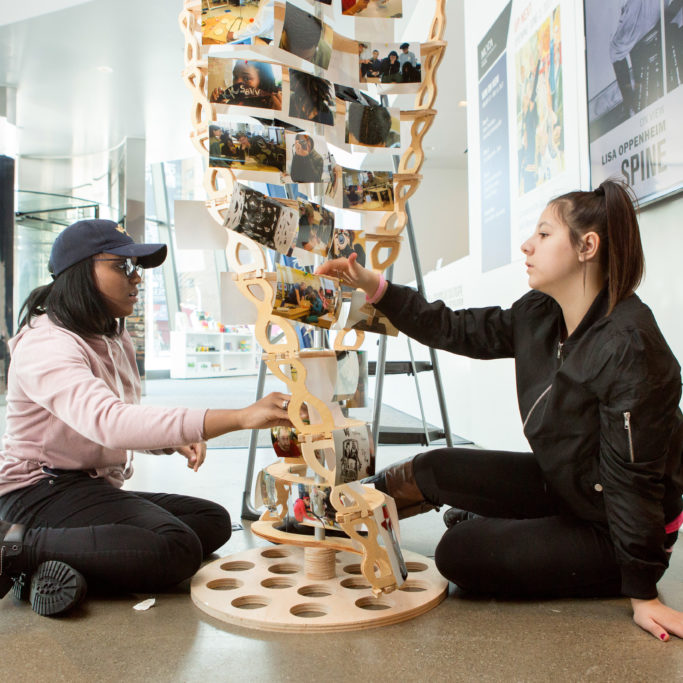
Seeing is believing, so Leadbeater says there needs to be a visible, working model of this new type of schooling. The idea is to create an environment where experimentation around learning and collaboration can happen.
“The schools that I’ve seen this work in are places of enormous creativity, trust, stretch challenge, but also sort of joy of learning, the joy of teaching that’d be widely felt,” he says, which would create a sense of energy around the idea.
Redesign the school structure
Undergoing the system-level innovation Leadbeater argues for may seem complex, but he argues it’s simpler than it seems.
Changing small things can make a big difference. Redesigning a classroom, for example, can make it more supportive of group collaboration or project work and lead to changes in how lessons are organized and delivered. More rigid school environments and schedules restrict what’s possible.
“If systems want to encourage the development of (student) agency, those systems themselves need to be open to questions,” he says.
He says education leaders should ask two questions: Who has the power to bring about change? And what is the change for?
Schooling currently is formatted around students learning a rigid curriculum based on assessments over a predetermined calendar.
“There’s very little room for maneuvering and schools need to become more interpretive or purpose seeking,” Leadbeater.
Convene everyone in order to make change
There is “no student agency without teacher agency, no student initiative without teacher initiative, no student judgment without teacher judgment,” Leadbeater says.
And so teachers are critical to creating the atmosphere and the environment in which experimentation around learning and collaboration can happen. Employers and policy makers need to be on board as well to work with educators to align business and education goals so there’s a more supportive environment for school redesign.
Leaderbeater says there needs to be a “constant dialogue” both among educators and with those outside partners.
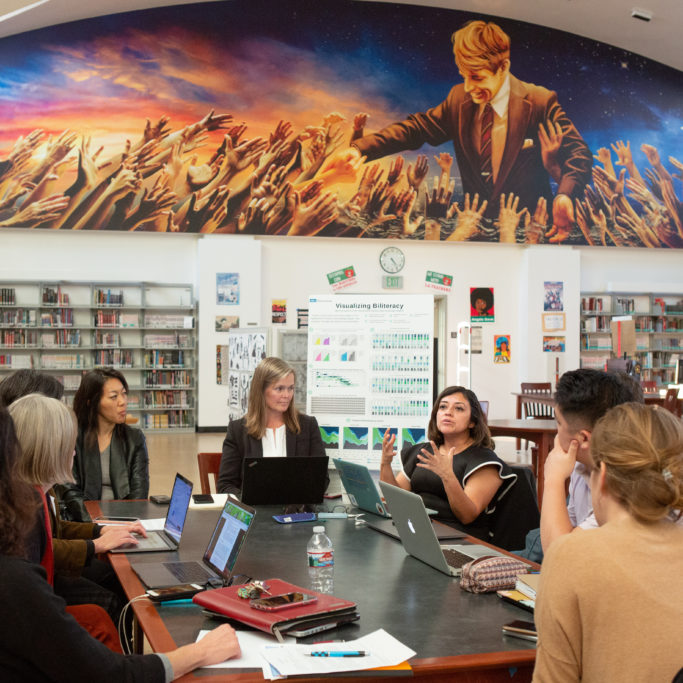
Redistribute power to the students
Students have become powerless, Leadbeater laments.
“We’ve seen this enormous centralization of power over education systems over the last 20 or 30 years,” he says. “That needs to change.”
That can start to be restored by redistributing resources and establishing different connections between community and school.
A few examples of how: shifting power toward students and investing in teachers to be agents of learning, focusing on the noncognitive abilities that are key to success in life, and creating forums for collaboration within education to facilitate faster change.
You can read Ledbeater’s entire report here and for more insights watch his entire conversation with Mackay below or listen on iTunes or Spotify.

